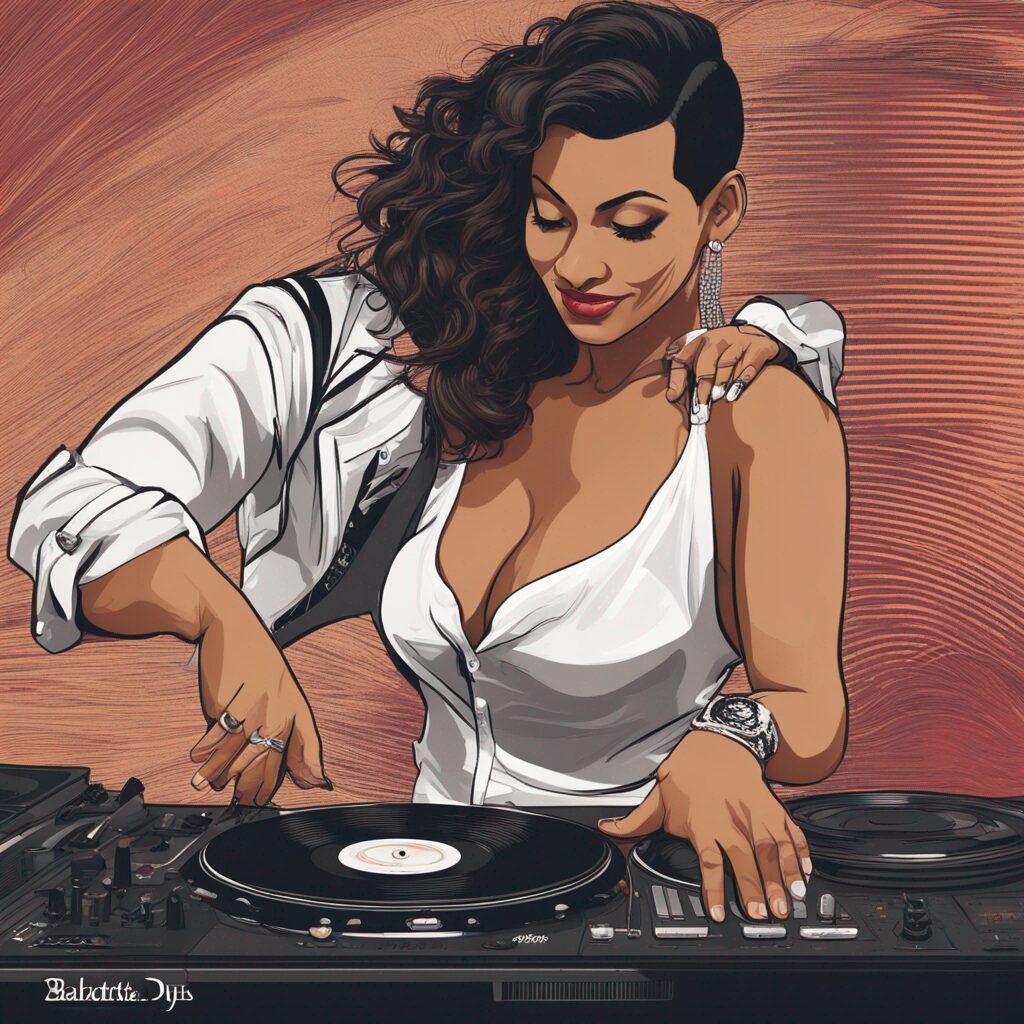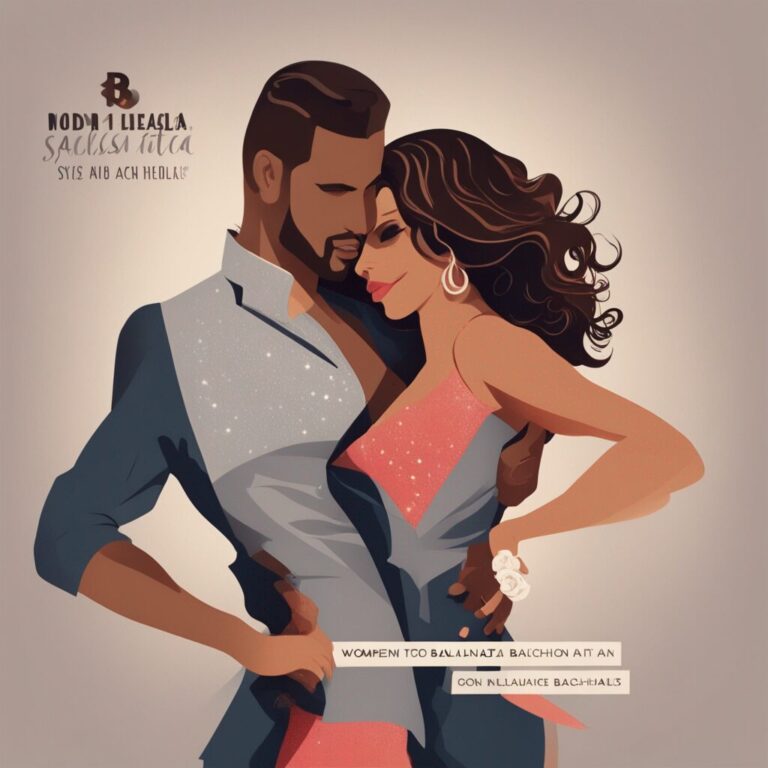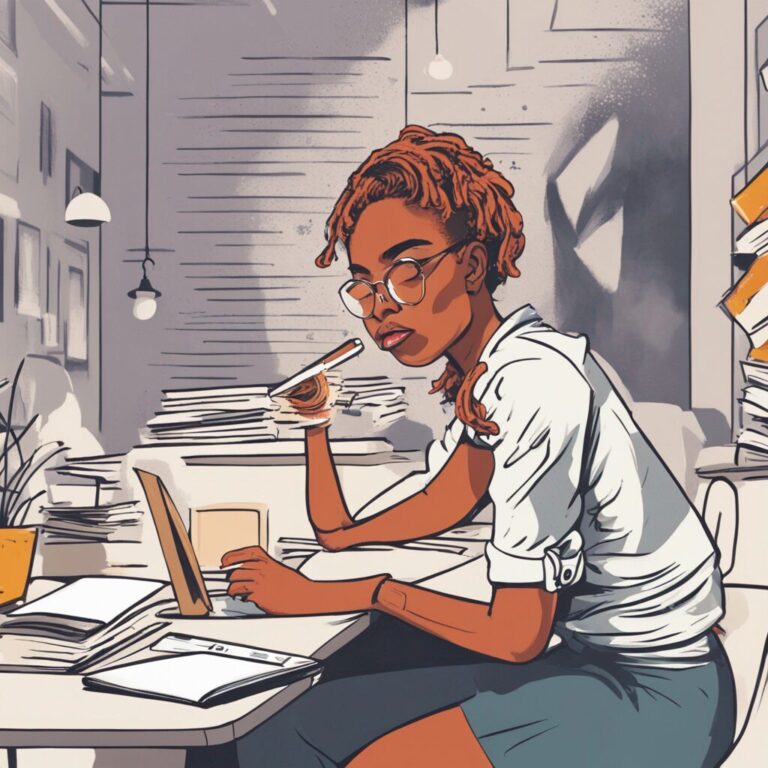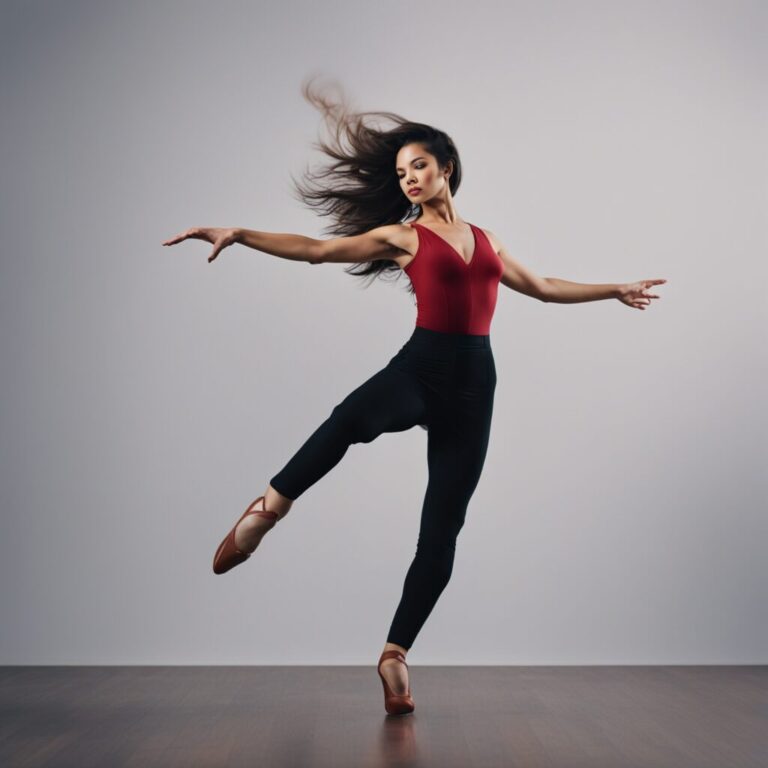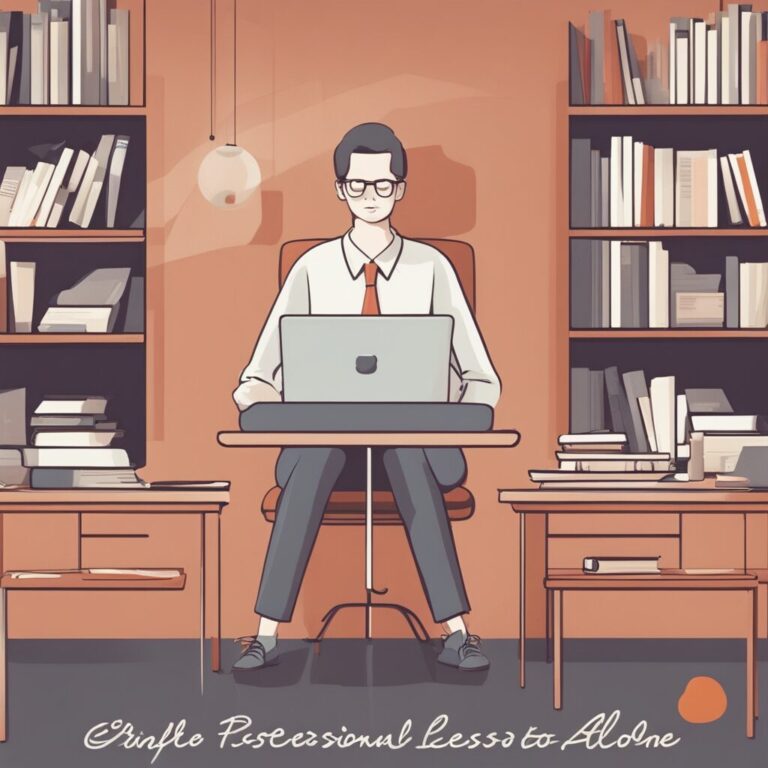“`html
Exploring the Standards for Bachata DJing at Festivals
Bachata, a dance originating from the Dominican Republic, has captivated dancers worldwide with its soulful rhythms and intricate steps. However, recent discussions within the community have highlighted a growing concern over the quality of DJing at bachata festivals. This article delves into the expectations and standards dancers have for DJs, exploring common grievances and preferences that shape the dance floor experience.
The Importance of Musical Selection in Bachata
Bachata enthusiasts are not just dancers; they are connoisseurs of the music that drives their movements. The selection of tracks by DJs plays a pivotal role in enhancing or detracting from the dance experience. A significant point of contention has been the over-reliance on old songs and remixes, which some feel does not reflect the evolution of bachata music.
Common Criticisms of Bachata DJs
Here are some of the key criticisms dancers have:
- Overuse of Remixes: While remixes can add variety, an excessive focus on them, especially those that lack structural integrity, often leaves dancers longing for the original essence of bachata.
- Outdated Playlists: Some DJs seem stuck in a time warp, playing tracks from 5-10 years ago without incorporating new releases, which can make the dance experience feel stale.
- Lack of Understanding Bachata’s Structure: Bachata has a distinct structure with specific instruments and rhythms (derecho, majao, mambo) that are sometimes overlooked by DJs who do not dance bachata themselves.
- Mixing Styles: Transitioning abruptly from one song to another, akin to a techno set, disrupts the flow and connection between dancers, who often prefer a clear ending to each song to switch partners.
Dancer’s Preferences and Expectations
From the discussions, here are what dancers are looking for in a bachata DJ:
- Quality Over Quantity: A preference for high-quality, well-known tracks rather than filling the playlist with lesser-known or lower-quality music.
- Balance of Old and New: An ideal playlist might consist of 80% classic hits from the last 15 years, with 20% being newer releases to keep the scene vibrant.
- Respect for the Dance: DJs should understand and respect the dance’s cultural roots and musical structure, not just treat it as another genre to spin.
- Engagement with the Crowd: Reading the room and adapting the music selection, much like Kizomba DJs do, can greatly enhance the dance experience.
Conclusion
The dialogue around DJing standards in the bachata community underscores the need for DJs to evolve with the music and dancers. Festivals should consider these insights when selecting DJs, ensuring they cater to the nuanced tastes of bachata aficionados. By striking a balance between tradition and innovation, DJs can elevate the festival experience, keeping the dance floor alive with energy and authenticity.
It’s crucial for DJs to engage with the community, understand the dance’s evolution, and respect its cultural roots to truly enrich the bachata dancing experience. After all, the music is not just background noise; it’s the heartbeat of the dance.

